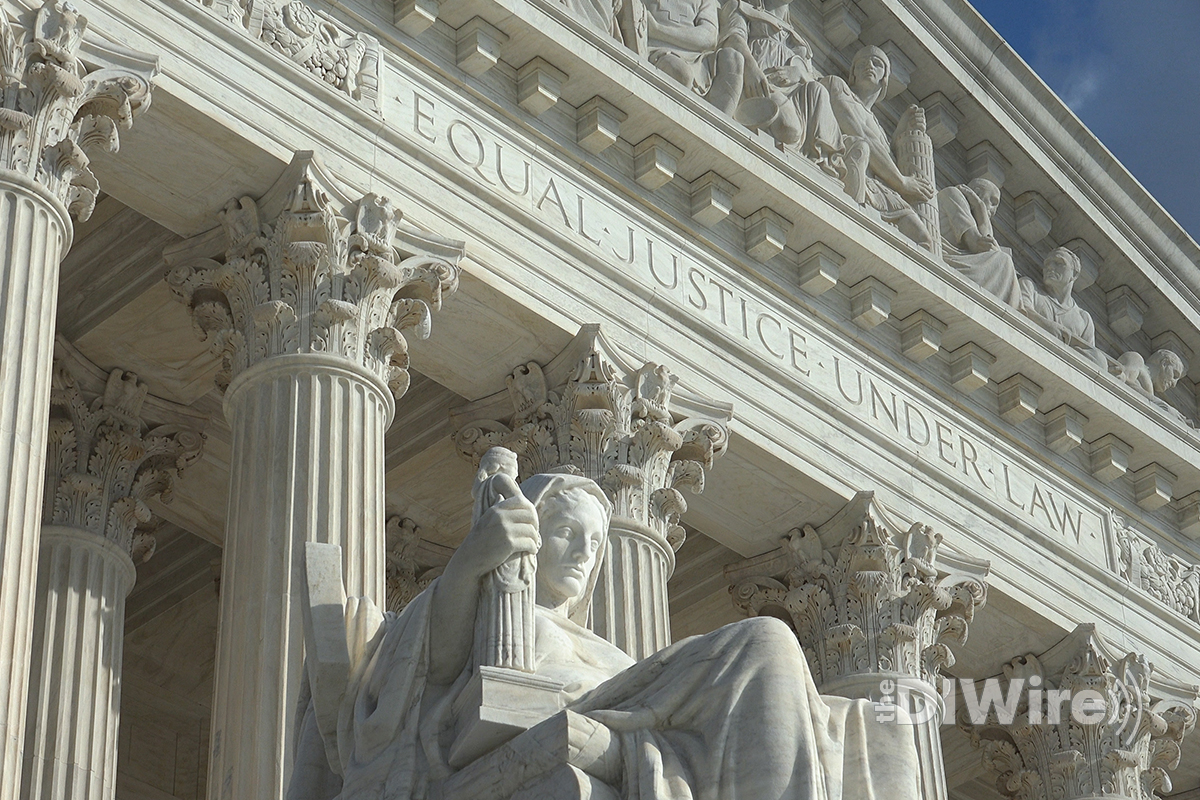U.S. Supreme Court to Decide Legality of SEC In-House Enforcement

The U.S. Supreme Court on Friday agreed to hear a bid by President Joe Biden’s administration to defend certain Securities and Exchange Commission in-house enforcement proceedings in a case that could broadly undercut the power of federal agencies.
As reported by The DI Wire in March 2023, the SEC petitioned the high court to hear a review the Fifth Circuit’s ruling in SEC v. Jarkesy.
The justices took up the administration’s appeal of a lower court’s decision that struck down certain SEC enforcement proceedings as unconstitutional for violating the right to a jury trial and infringing on presidential and congressional powers. The case involves hedge fund manager George Jarkesy, who the SEC had fined and barred from the industry after determining he had committed securities fraud.
The case represents the latest legal attack against the actions of the SEC, which enforces various federal laws intended to protect investors. The Supreme Court, which has a 6-3 conservative majority, has signaled skepticism toward expansive federal regulatory power.
The justices in 2018 faulted the way the commission selected its in-house judges, and in April allowed targets of actions by the SEC and other regulators to immediately mount challenges to agency processes in federal court.
The SEC in 2011 began investigating Jarkesy, who had set up two hedge funds with his Houston-based investment advisory firm, Patriot28 LLC. The funds had about 120 investors and roughly $24 million in assets under management.
The SEC charges against Jarkesy and his firm proceeded before an in-house judge. The agency upheld the judge’s findings that Jarkesy and his firm violated the Securities Act of 1933 and other laws in various ways, including misrepresenting the identity of the funds’ auditor and value of the holdings.
The agency ordered them to pay a $300,000 civil penalty and Patriot28 to disgorge nearly $685,000 in ill-gotten gains, and barred Jarkesy from the securities industry.
A key issue in Jarkesy’s case is whether the SEC’s power to seek monetary penalties for securities fraud through in-house adjudications before administrative law judges, instead of in federal court, violates the right to a jury trial under the U.S. Constitution’s Seventh Amendment.
The 5th Circuit in 2022 threw out the SEC’s decision against Jarkesy, finding its proceedings illegally deprived him of his right to a jury trial.
The 5th Circuit also concluded that the SEC had been given too much power to choose to bring cases in-house or in federal court, and that the administrative judges job protections make them too difficult to remove from office, infringing on constitutional powers given to the president.
Paring back the regulatory authority of federal agencies – which can enforce laws and rules in important areas such as energy, the environment, climate policy and workplace safety – has been a major goal of many business and conservative groups, which complain about what they call the “administrative state.”
In two rulings hemming in federal agency powers, the court in May and last year limited the U.S. Environmental Protect Agency’s regulatory reach, making it harder to protect wetlands and issue sweeping regulations involving greenhouse gas emissions from coal- and gas-fired power plants.
(Reuters contributed to this story.)

